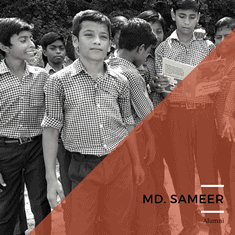Direct Impact
Indirect Impact
Social Media Outreach
Media Outreach
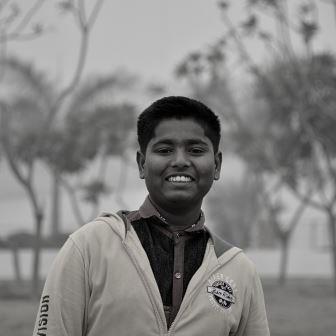
UTTAM
Uttam was afraid that he would be made fun of for his weight. That prevented him from playing sports
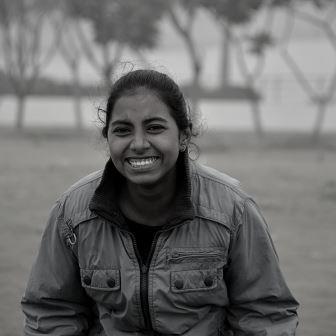
SUSHILA
Sushila was 12 when she attended the first session with Project KHEL. One of the very first things
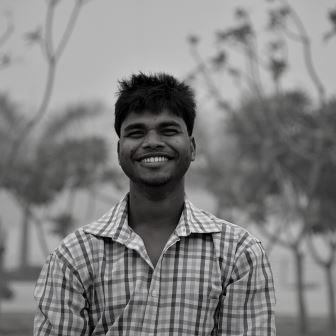
SANTOSH
Sixteen-year-old Santosh has been with Project KHEL for over three and a half years.
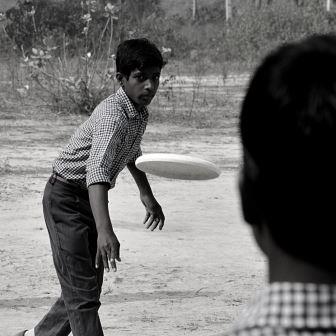
SOHAIL
What struck Sohail immediately after attending PK’s sessions was how politely everyone spoke
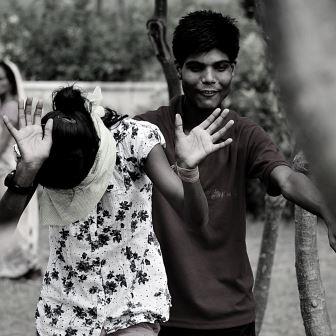
ANSHU
Sixteen-year-old Anshu wants to join the army. But that wasn’t always his dream.
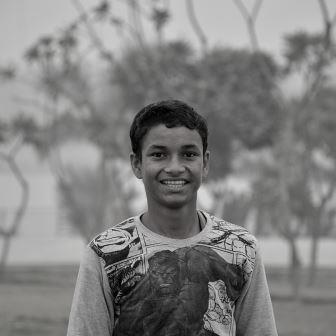
BUNTY
Bunty says it like it is: “My mind was like a jammed-up door, but after Project KHEL, it’s opened up.”
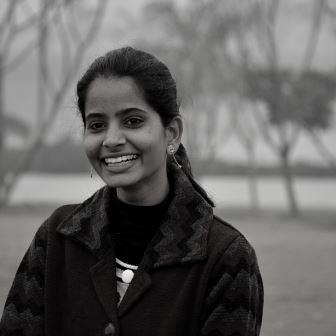
GARIMA
She would come to the field and watch Project KHEL’s sessions before we convinced her to join in.
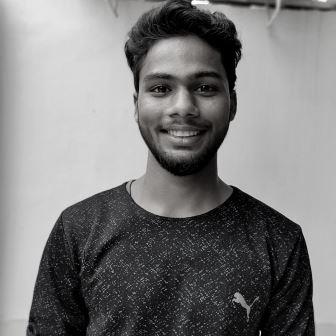
ISHRAR
Ishrar loves playing all kinds of sports: volleyball, football, handball.
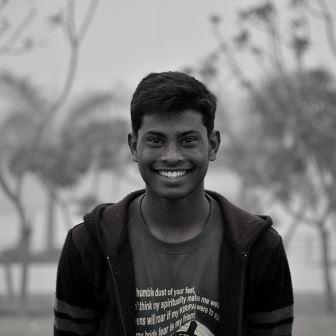
NEERAJ
Neeraj started off with no interest in life skills training.
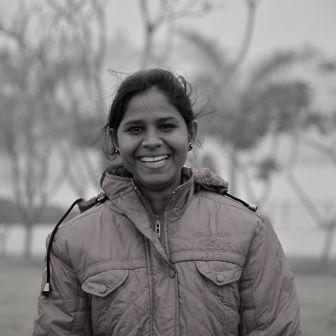
PRITI
Priti was a shy girl. She would hesitate before talking to people and could not make friends easily.
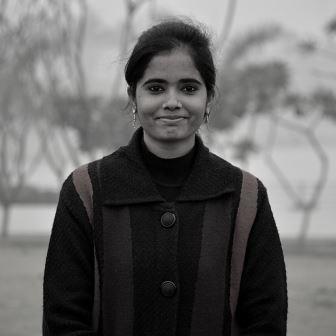
ROSHNI
It was Roshni’s love for books that brought her to PK. Well, in a round-about way.
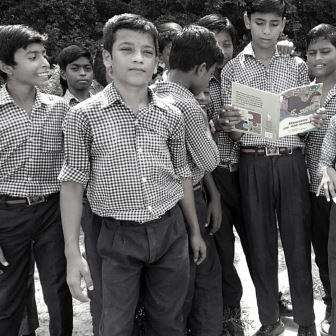
SAMEER
A naughty child who used to get beaten up by his father for failing a class,
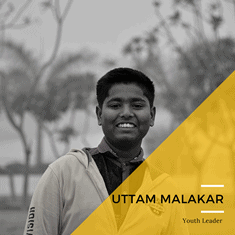
UTTAM
Uttam was afraid that he would be made fun of for his weight. That prevented him from playing sports
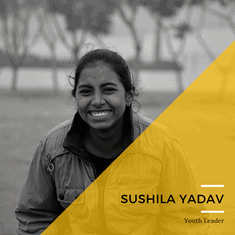
SUSHILA
Sushila was 12 when she attended the first session with Project KHEL. One of the very first things
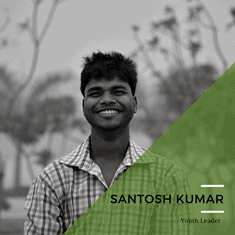
SANTOSH
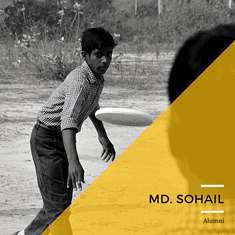
SOHAIL
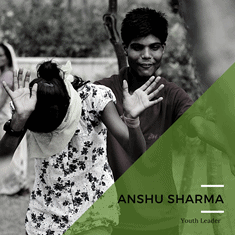
ANSHU
Sixteen-year-old Anshu wants to join the army. But that wasn’t always his dream.
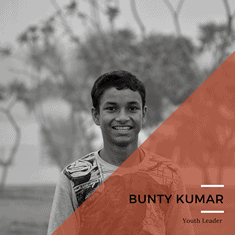
BUNTY
Bunty says it like it is: “My mind was like a jammed-up door, but after Project KHEL, it’s opened up.”
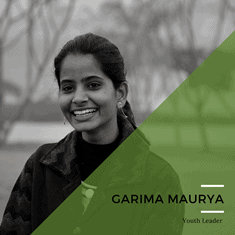
GARIMA
She would come to the field and watch Project KHEL’s sessions before we convinced her to join in.
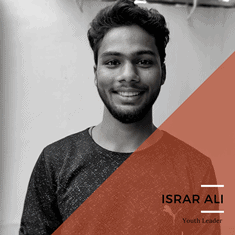
ISHRAR
Ishrar loves playing all kinds of sports: volleyball, football, handball.
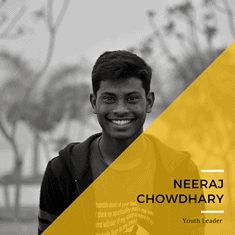
NEERAJ
Neeraj started off with no interest in life skills training.
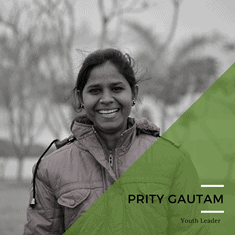
PRITI
Priti was a shy girl. She would hesitate before talking to people and could not make friends easily.
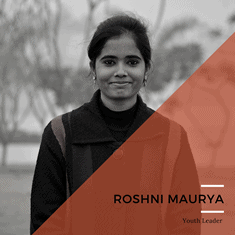
ROSHNI
It was Roshni’s love for books that brought her to PK. Well, in a round-about way.
